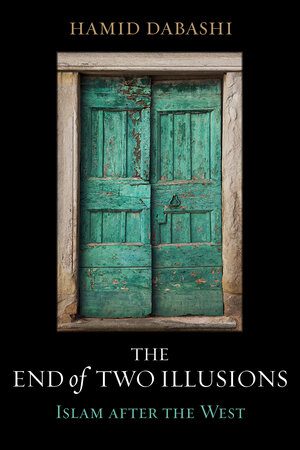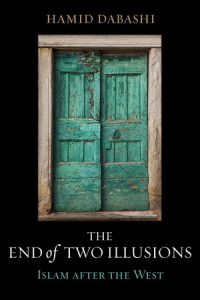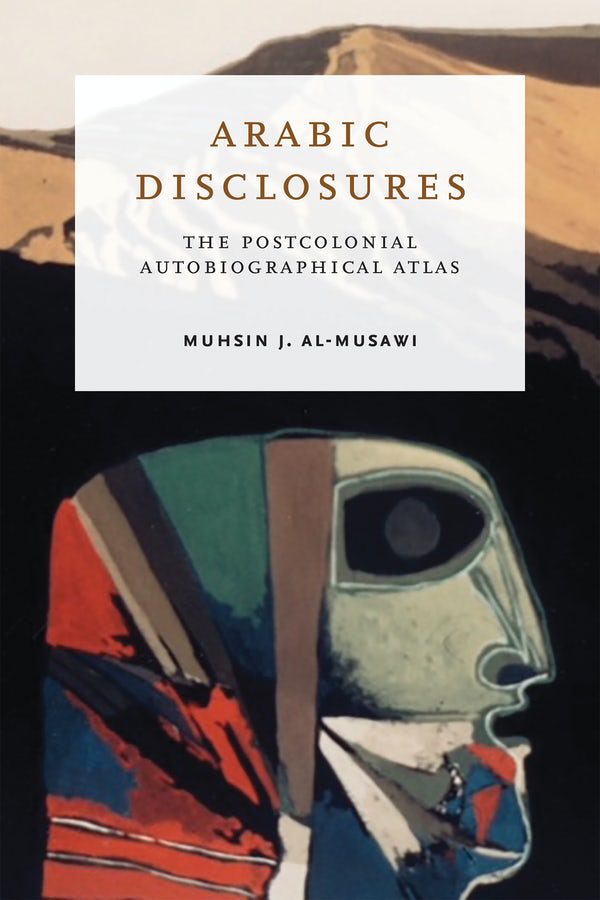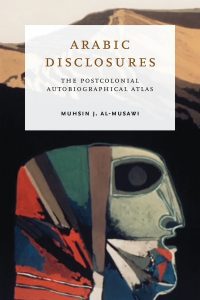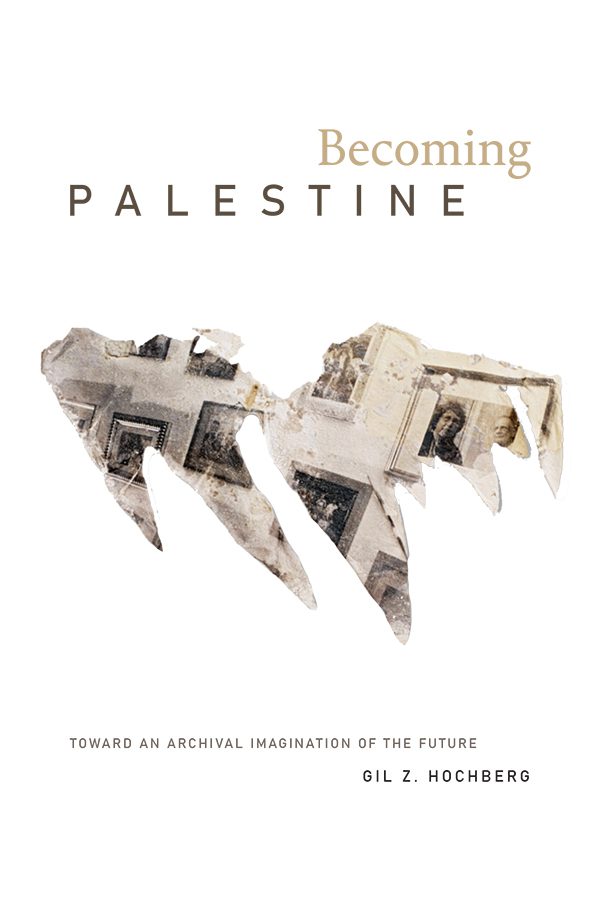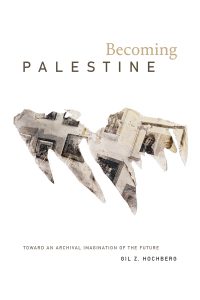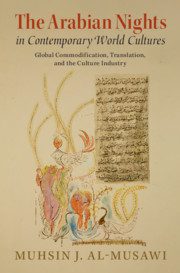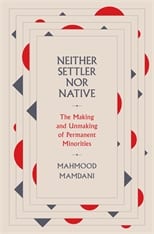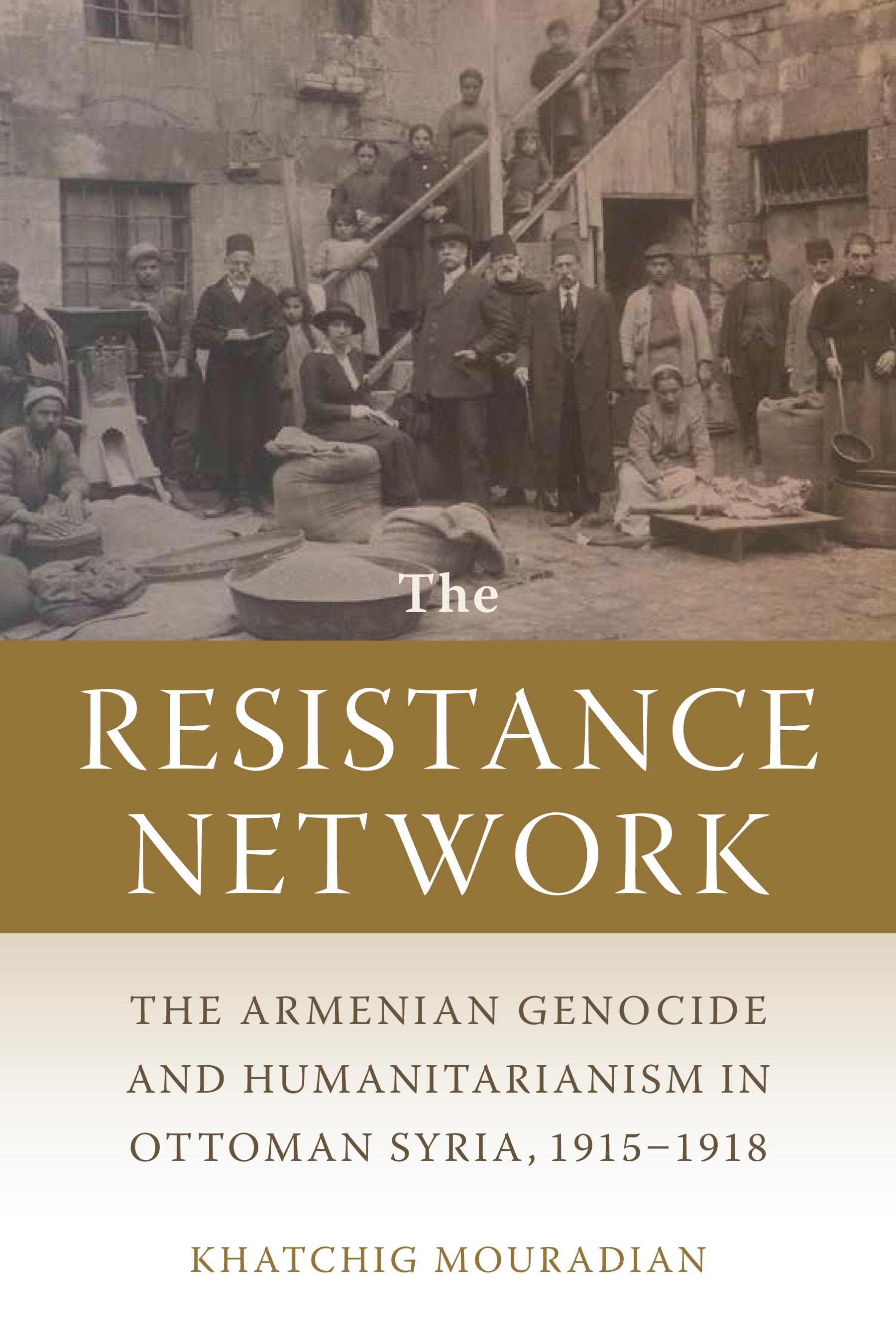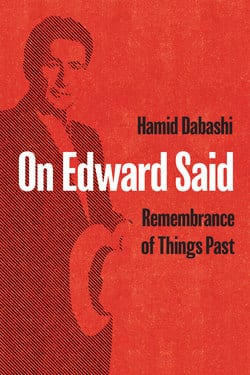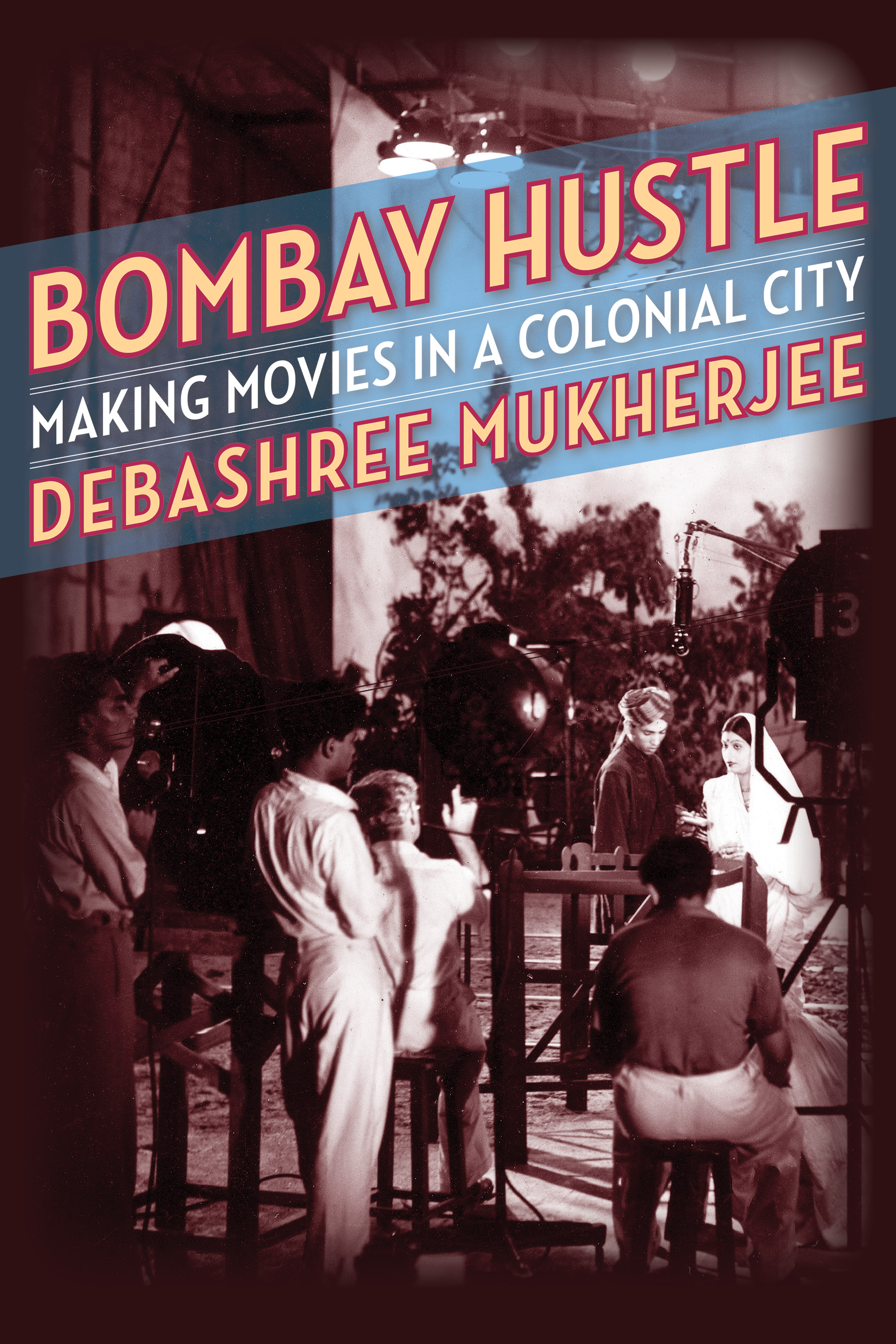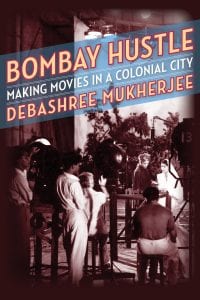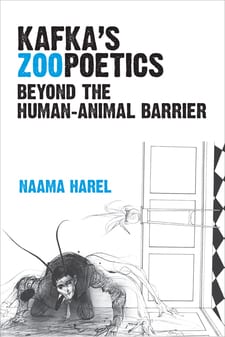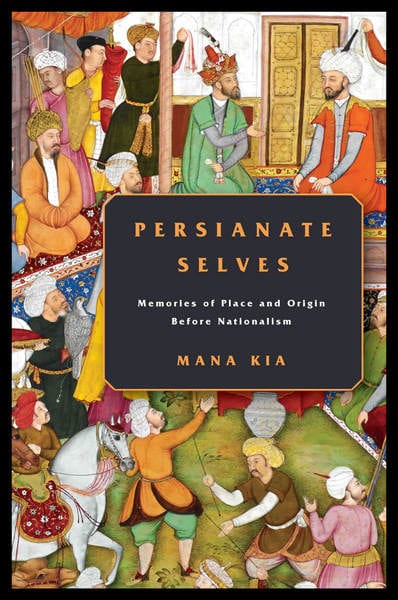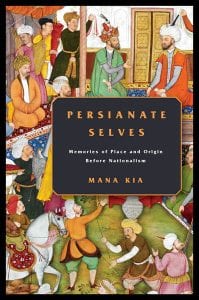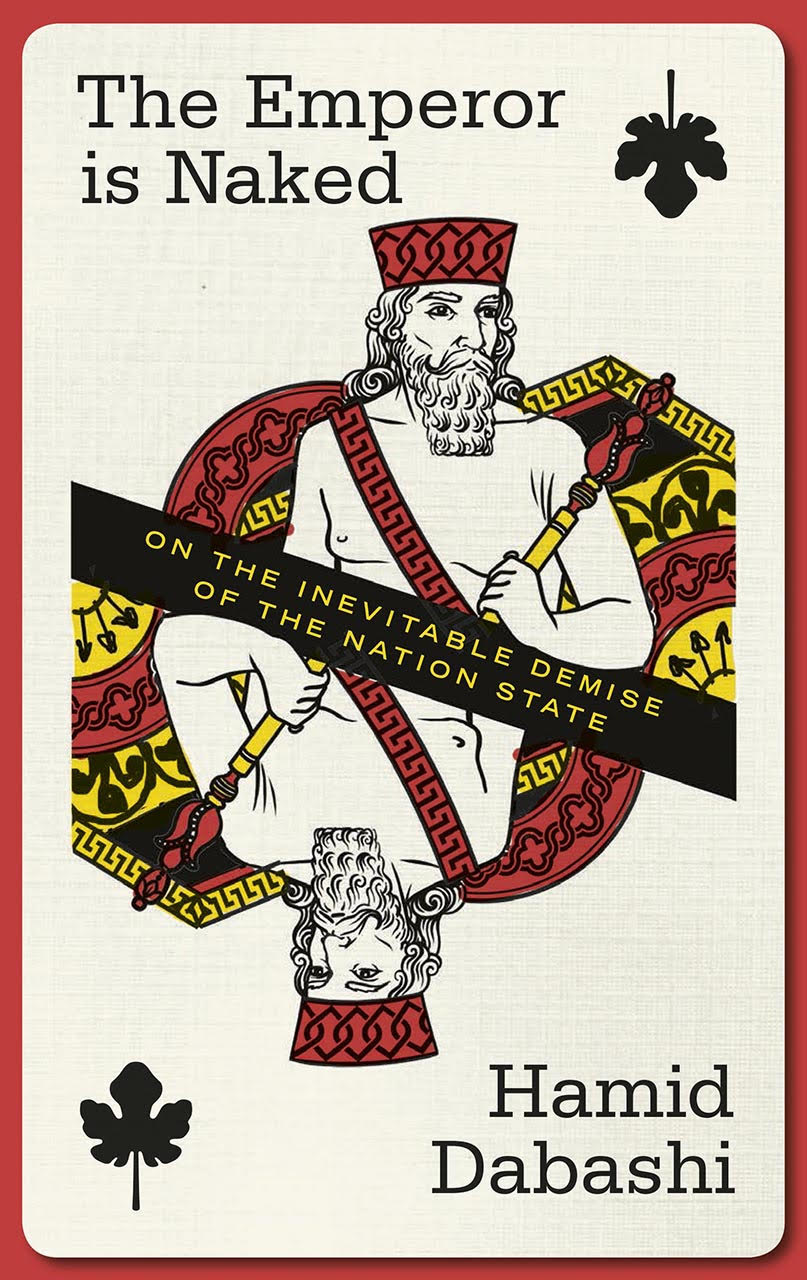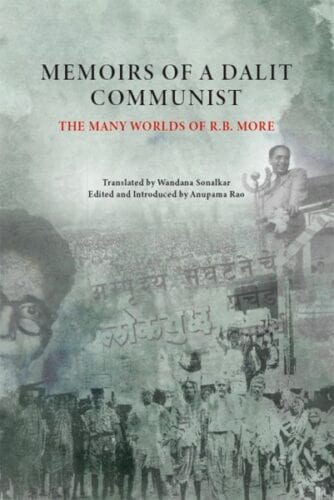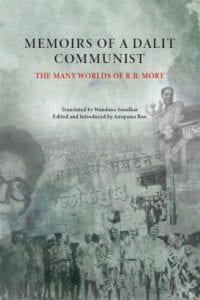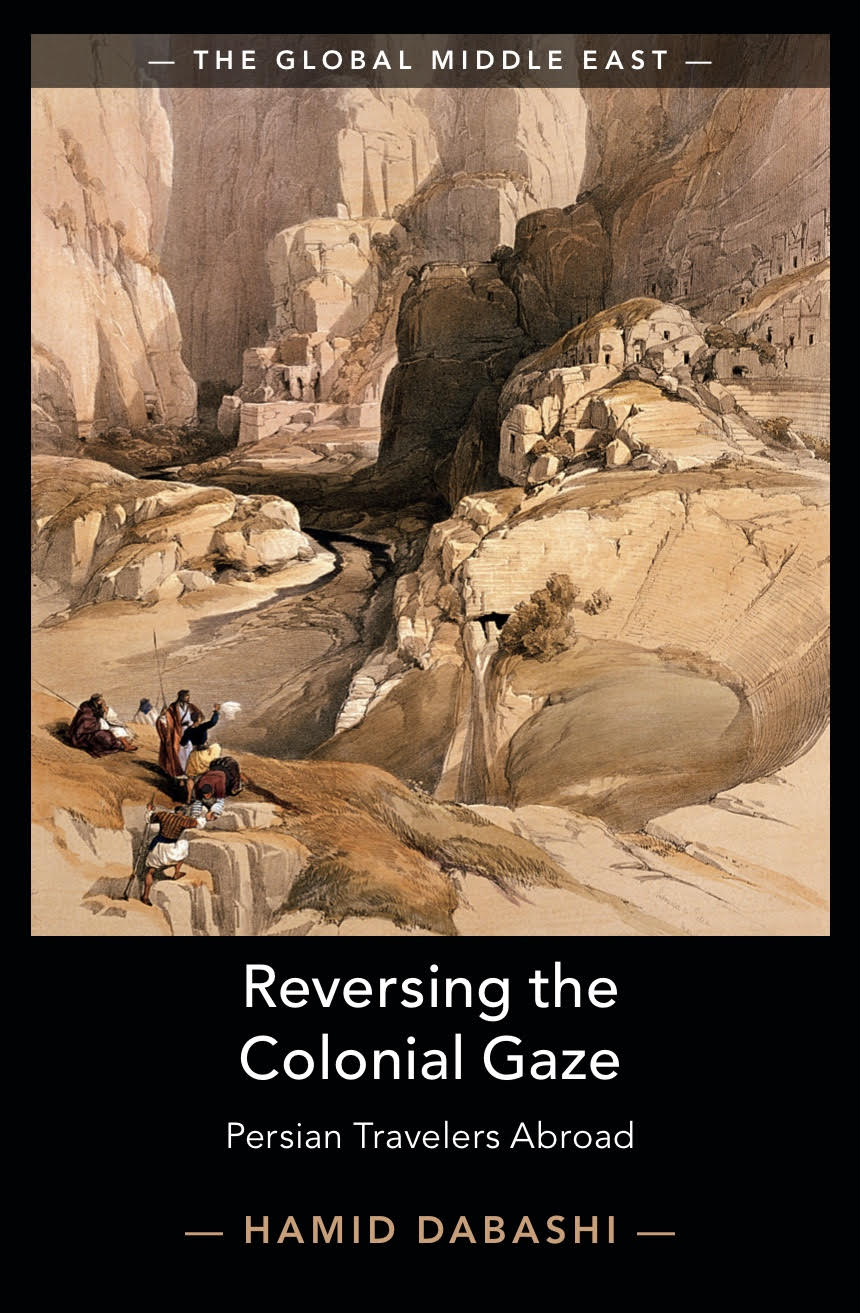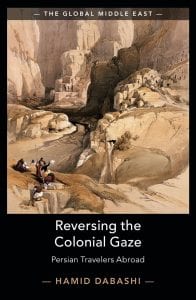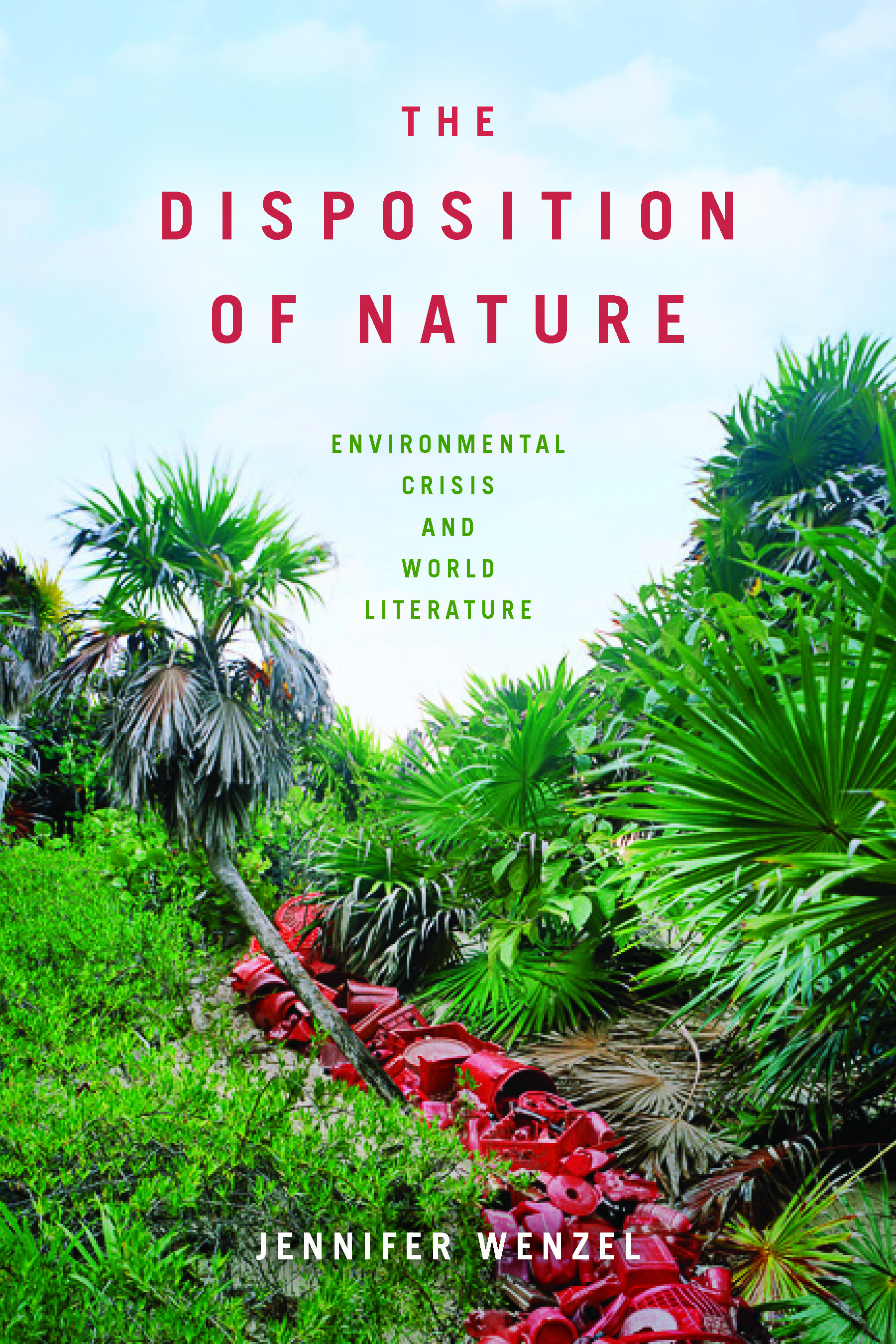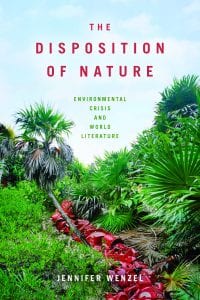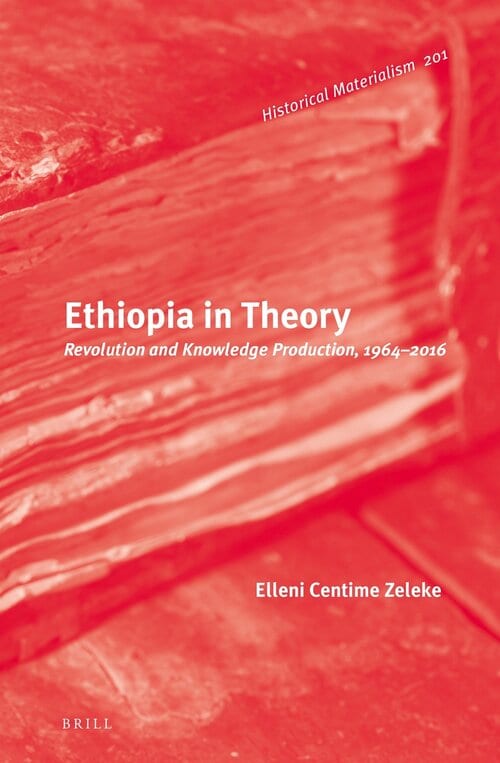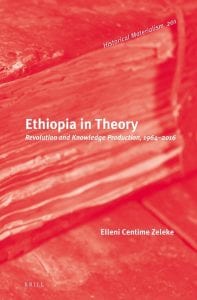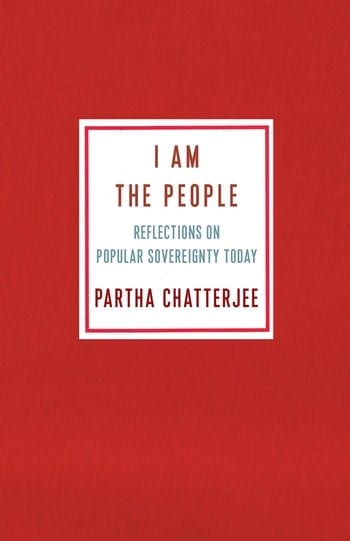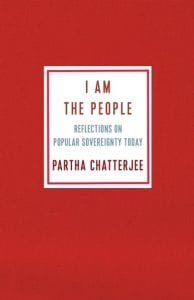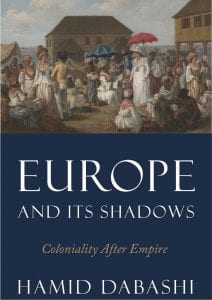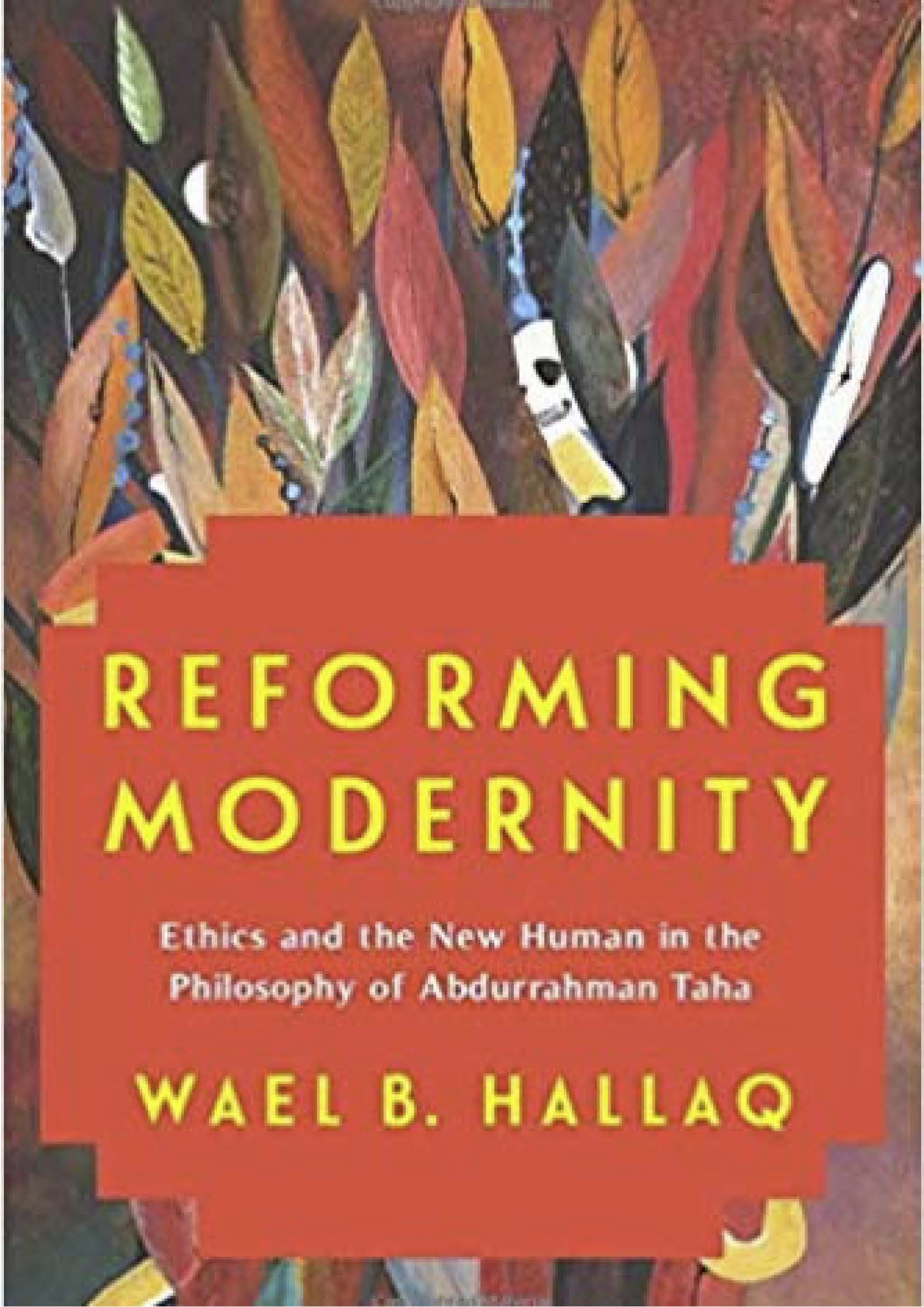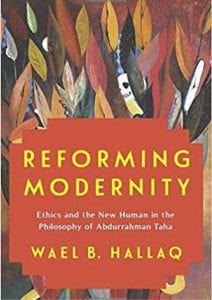RECENT BOOKS
The End of Two Illusions by Hamid Dabashi, University of California Press
Dismantling the myths that divide Islam and the West, this cutting-edge work of critical thinking proposes new ways to reread Islamic and world histories.
Extending from the front-page news coverage of our daily lives back into the deepest and most revelatory histories of the last two hundred years and earlier, Hamid Dabashi’s The End of Two Illusions is a daring, provocative, and groundbreaking work that dismantles the most dangerous delusions manufactured between two vastly fetishized abstractions: “Islam” and “the West.” With this book, Dabashi shows how the civilizational divides imagined between these two cosmic binaries have defined their entanglement—in ways that have nothing to do with the lived experiences of either Muslims or the diverse and changing communities scarcely held together by the myth of “the West.”
Through detailed historical and contemporary analysis, The End of Two Illusions untangles the motivations that produced this global fiction. Dabashi demonstrates how “the West” was an ideological commodity and civilizational mantra invented during the European Enlightenment, serving as an epicenter for the rise of globalized capitalist modernity. In turn, Orientalist ideologues went around the world manufacturing equally illusory abstractions in the form of inferior civilizations in India, China, Africa, Latin America, and the Islamic world. The result was the projection of “Islam and the West” as the prototype of a civilizational hostility that has given false explanations and flawed prognoses of our contemporary history, with weaponized Islamophobia on one side and militant Islamism on the other as its most palpable manifestations. Dabashi argues it is long past time to dismantle this dangerous liaison, expose and overcome its perilous delusions, and reimagine the world beyond its shimmering mirage. The End of Two Illusions is the most iconoclastic work of critical thought and scholarship to emerge in recent memory, clearing the way toward a far more liberating imaginative geography of the world we share.
For more information click link: https://www.ucpress.edu/book/9780520376922/the-end-of-two-illusions
Becoming Palestine by Gil Hochberg published by Duke University Press
In Becoming Palestine, Gil Z. Hochberg examines how contemporary Palestinian artists, filmmakers, dancers, and activists use the archive in order to radically imagine Palestine’s future. She shows how artists such as Jumana Manna, Kamal Aljafari, Larissa Sansour, Farah Saleh, Basel Abbas, and Ruanne Abou-Rahme reimagine the archive, approaching it not through the desire to unearth hidden knowledge, but to sever the identification of the archive with the past. In their use of archaeology, musical traditions, and archival film and cinematic footage, these artists imagine a Palestinian future unbounded from colonial space and time. By urging readers to think about archives as a break from history rather than as history’s repository, Hochberg presents a fundamental reconceptualization of the archive’s liberatory potential.
For more information click link: https://dukeupress.edu/becoming-palestine
Harvard University Press presents Neither Settler nor Native by Mahmood Mamdani
Making the radical argument that the nation-state was born of colonialism, this book calls us to rethink political violence and reimagine political community beyond majorities and minorities.
In this genealogy of political modernity, Mahmood Mamdani argues that the nation-state and the colonial state created each other. In case after case around the globe—from the New World to South Africa, Israel to Germany to Sudan—the colonial state and the nation-state have been mutually constructed through the politicization of a religious or ethnic majority at the expense of an equally manufactured minority.
The model emerged in North America, where genocide and internment on reservations created both a permanent native underclass and the physical and ideological spaces in which new immigrant identities crystallized as a settler nation. In Europe, this template would be used by the Nazis to address the Jewish Question, and after the fall of the Third Reich, by the Allies to redraw the boundaries of Eastern Europe’s nation-states, cleansing them of their minorities. After Nuremberg the template was used to preserve the idea of the Jews as a separate nation. By establishing Israel through the minoritization of Palestinian Arabs, Zionist settlers followed the North American example. The result has been another cycle of violence.
Neither Settler nor Native offers a vision for arresting this historical process. Mamdani rejects the “criminal” solution attempted at Nuremberg, which held individual perpetrators responsible without questioning Nazism as a political project and thus the violence of the nation-state itself. Instead, political violence demands political solutions: not criminal justice for perpetrators but a rethinking of the political community for all survivors—victims, perpetrators, bystanders, beneficiaries—based on common residence and the commitment to build a common future without the permanent political identities of settler and native. Mamdani points to the anti-apartheid struggle in South Africa as an unfinished project, seeking a state without a nation.
For more information, click here.
The Resistance Network by Khatchig Mouradian, Michigan State University Press
The Resistance Network: The Armenian Genocide and Humanitarianism in Ottoman Syria, 1915–1918 is the is the history of an underground network of humanitarians, missionaries, and diplomats in Ottoman Syria who helped save the lives of thousands during the Armenian Genocide. Khatchig Mouradian challenges depictions of Armenians as passive victims of violence and subjects of humanitarianism, demonstrating the key role they played in organizing a humanitarian resistance against the destruction of their people. Piecing together hundreds of accounts, official documents, and missionary records, Mouradian presents a social history of genocide and resistance in wartime Aleppo and a network of transit and concentration camps stretching from Bab to Ras ul-Ain and Der Zor. He ultimately argues that, despite the violent and systematic mechanisms of control and destruction in the cities, concentration camps, and massacre sites in this region, the genocide of the Armenians did not progress unhindered—unarmed resistance proved an important factor in saving countless lives.
For more information, click here: The Resistance Network (msupress.org)
Haymarket Books presents On Edward Said by Hamid Dabashi
Edward Said (1935-2003) was a towering figure in post-colonial studies and the struggle for justice in his native Palestine, best known for his critique of orientalism in western portrayals of the Middle East. As a public intellectual, activist, and scholar, Said forever changed how we read the world around us and left an indelible mark on subsequent generations.
Hamid Dabashi, himself a leading thinker and critical public voice, offers a unique collection of reminiscences, travelogues and essays that document his own close and long-standing scholarly, personal and political relationship with Said. In the process, they place the enduring significance of Edward Said’s legacy in an unfolding context and locate his work within the moral imagination and environment of the time.
For more information, click here.
Bombay Hustle by Debashree Mukherjee, Columbia University Press
From starry-eyed fans with dreams of fame to cotton entrepreneurs turned movie moguls, the Bombay film industry has historically energized a range of practices and practitioners, playing a crucial and compelling role in the life of modern India. Bombay Hustle presents an ambitious history of Indian cinema as a history of material practice, bringing new insights to studies of media, modernity, and the late colonial city.
Drawing on original archival research and an innovative transdisciplinary approach, Debashree Mukherjee offers a panoramic portrait of the consolidation of the Bombay film industry during the talkie transition of the 1920s–1940s. In the decades leading up to independence in 1947, Bombay became synonymous with marketplace thrills, industrial strikes, and modernist experimentation. Its burgeoning film industry embodied Bombay’s spirit of “hustle,” gathering together and spewing out the many different energies and emotions that characterized the city. Bombay Hustle examines diverse sites of film production—finance, pre-production paperwork, casting, screenwriting, acting, stunts—to show how speculative excitement jostled against desires for scientific management in an industry premised on the struggle between contingency and control. Mukherjee develops the concept of a “cine-ecology” in order to examine the bodies, technologies, and environments that collectively shaped the production and circulation of cinematic meaning in this time. The book thus brings into view a range of marginalized film workers, their labor and experiences; forgotten film studios, their technical practices and aesthetic visions; and overlooked connections among media practices, geographical particularities, and historical exigencies.
For more information, click here.
University of Michigan Press presents Kafka’s Zoopoetics by Naama Harel
Nonhuman figures are ubiquitous in the work of Franz Kafka, from his early stories down to his very last one. Despite their prominence throughout his oeuvre, Kafka’s animal representations have been considered first and foremost as mere allegories of intrahuman matters. In recent years, the allegorization of Kafka’s animals has been poetically dismissed by Kafka’s commentators and politically rejected by posthumanist scholars. Such critique, however, has yet to inspire either an overarching or an interdiscursive account. This book aims to fill this lacuna. Positing animal stories as a distinct and significant corpus within Kafka’s entire poetics, and closely examining them in dialogue with both literary and posthumanist analysis, Kafka’s Zoopoetics critically revisits animality, interspecies relations, and the very human-animal contradistinction in the writings of Franz Kafka.
Stanford University Press presents Persianate Selves by Mana Kia
For centuries, Persian was the language of power and learning across Central, South, and West Asia, and Persians received a particular basic education through which they understood and engaged with the world. Not everyone who lived in the land of Iran was Persian, and Persians lived in many other lands as well. Thus to be Persian was to be embedded in a set of connections with people we today consider members of different groups. Persianate selfhood encompassed a broader range of possibilities than contemporary nationalist claims to place and origin allow. We cannot grasp these older connections without historicizing our conceptions of difference and affiliation.
Mana Kia sketches the contours of a larger Persianate world, historicizing place, origin, and selfhood through its tradition of proper form: adab. In this shared culture, proximities and similarities constituted a logic that distinguished between people while simultaneously accommodating plurality. Adab was the basis of cohesion for self and community over the turbulent eighteenth century, as populations dispersed and centers of power shifted, disrupting the circulations that linked Persianate regions. Challenging the bases of protonationalist community, Persianate Selves seeks to make sense of an earlier transregional Persianate culture outside the anachronistic shadow of nationalisms.
Zed Books presents The Emperor is Naked by Hamid Dabashi
The invention of the nation-state was the crowning achievement of the Sykes–Picot Agreement between the United Kingdom and France in 1916. As a geostrategic move to divide, defeat, and dismantle the Ottoman Empire during World War I, it was a great success and the modern colonial borders of the Arab nation-states eventually emerged in the course of World War II.
Today, as nations are reconceiving their own postcolonial interpolated histories, Arab and Muslim states are becoming total states on the model of ISIS with Iran, Syria, Turkey and Egypt, among others, violently manufacturing their legitimacy. And yet simultaneously, examples such as the Nobel Peace Prize winning formation of a civil society ‘Quartet’ in Tunisia allude to a growing transnational public sphere across the Arab and Muslim world.
In The Emperor is Naked, Hamid Dabashi boldly argues that the category of nation-state has failed to produce a legitimate and enduring unit of post-colonial polity. Considering what this liberation of nations and denial of legitimacy to ruling states will actually unfurl, Dabashi asks: What will replace the nation-state, what are the implications of this deconstruction on global politics and, crucially, what is the meaning of the post-colonial subject within this moment?
Memoirs of a Dalit Communist The Many Worlds of R.B. More edited by Anupama Rao
Memoirs of a Dalit Communist
The Many Worlds of R.B. More
Satyendra More
Edited by Anupama Rao
Translated by Wandana Sonalkar
R.B. More (1903–1972) was a leader in Babasaheb Ambedkar’s movement, a trade unionist and a member of the Communist Party of India (Marxist). More’s life, narrated in his words and those of his son Satyendra, illuminates the conflict between the promise of Marxist emancipation and the hard reality of the hierarchies of caste. His radicalism challenged both the limits of the politics of caste and the politics of the Left; his was a politics that frontally challenged the rigidities of the caste system and of the class structure. This memoir, written in Marathi, is here published for the first time in English. This is a rare work that brings together family history, political thought, and the social experience of urban workers whose lives are intertwined with the city they built, Bombay.
Cambridge University Press presents Reversing the Colonial Gaze by Hamid Dabashi
Exploring the furthest reaches of the globe, Persian travelers from Iran and India travelled across Russian and Ottoman territories, to Asia, Africa, North and South America, Europe and beyond. Remapping the world through their travelogues, Reversing the Colonial Gaze offers a comprehensive and transformative analysis of the journeys of over a dozen of these nineteenth-century Persian travelers. By moving beyond the dominant Eurocentric perspectives on travel narratives, Hamid Dabashi works to reverse the colonial gaze which has thus far been cast upon these rich body of travelogues. His lyrical and engaging re-evaluation of these journeys, complimented by close-readings of seminal travelogues, challenges the systematic neglect of these narratives in scholarly literature. Opening up the entirety of these overlooked or abused travelogues, Dabashi reveals not a mere repetition of cliché accounts of Iranian or Muslim encounters with the West, but a path-breaking introduction to a constellation of revelatory travel narratives that re-imagine and reclaim the world beyond colonial borders.
To view the Cambridge University Press page click here
The Disposition of Nature by Jennifer Wenzel
How do literature and other cultural forms shape how we imagine the planet, for better or worse? In this rich, original, and long awaited book, Jennifer Wenzel tackles the formal innovations, rhetorical appeals, and sociological imbrications of world literature that might help us confront unevenly distributed environmental crises, including global warming.
The Disposition of Nature argues that assumptions about what nature is are at stake in conflicts over how it is inhabited or used. Both environmental discourse and world literature scholarship tend to confuse parts and wholes. Working with writing and film from Africa, South Asia, and beyond, Wenzel takes a contrapuntal approach to sites and subjects dispersed across space and time. Reading for the planet, Wenzel shows, means reading from near to there: across experiential divides, between specific sites, at more than one scale.
Impressive in its disciplinary breadth, Wenzel’s book fuses insights from political ecology, geography, anthropology, history, and law, while drawing on active debates between postcolonial theory and world literature, as well as scholarship on the Anthropocene and the material turn. In doing so, the book shows the importance of the literary to environmental thought and practice, elaborating how a supple understanding of cultural imagination and narrative logics can foster more robust accounts of global inequality and energize movements for justice and livable futures.
To view the Fordham University Press page click here
Brill presents Ethiopia in Theory by Elleni Centime Zeleke
Between the years 1964 and 1974, Ethiopian post-secondary students studying at home, in Europe, and in North America produced a number of journals where they explored the relationship between social theory and social change within the project of building a socialist Ethiopia. Ethiopia in Theory examines the literature of this student movement, together with the movement’s afterlife in Ethiopian politics and society in order to ask: what does it mean to write today about the appropriation and indigenization of Marxist and mainstream social science ideas in an Ethiopian and African context; and, importantly, what does the archive of revolutionary thought in Africa teach us about the practice of critical theory more generally.
To view the preface by Donald Donham, book blurbs, archival photos, music, and excerpts from the book go to https://www.ethiopiaintheory.
Zeleke, Elleni. Ethiopia in Theory: Revolution and Knowledge Production, 1964-2016. Leiden ; Boston: Brill, 2019.
I Am the People: Reflections on Popular Sovereignty Today by Partha Chatterjee
The forms of liberal government that emerged after World War II are in the midst of a profound crisis. In I Am the People, Partha Chatterjee reconsiders the concept of popular sovereignty in order to explain today’s dramatic outburst of movements claiming to speak for “the people.”
To uncover the roots of populism, Chatterjee traces the twentieth-century trajectory of the welfare state and neoliberal reforms. Mobilizing ideals of popular sovereignty and the emotional appeal of nationalism, anticolonial movements ushered in a world of nation-states while liberal democracies in Europe guaranteed social rights to their citizens. But as neoliberal techniques shrank the scope of government, politics gave way to technical administration by experts. Once the state could no longer claim an emotional bond with the people, the ruling bloc lost the consent of the governed. To fill the void, a proliferation of populist leaders have mobilized disaffected groups into a battle that they define as the authentic people against entrenched oligarchy.
Once politics enters a spiral of competitive populism, Chatterjee cautions, there is no easy return to pristine liberalism. Only a counter-hegemonic social force that challenges global capital and facilitates the equal participation of all peoples in democratic governance can achieve significant transformation. Drawing on thinkers such as Antonio Gramsci, Michel Foucault, and Ernesto Laclau and with a particular focus on the history of populism in India, I Am the People is a sweeping, theoretically rich account of the origins of today’s tempests.
Europe and its Shadows by Hamid Dabashi
Europe has long imagined itself as the centre of the universe, although its precise geographical, cultural and social terrains have always been amorphous. Exploring the fear and fascination associated with the continent as an allegory, Hamid Dabashi considers Europe to be a historically formed barricade against the world. Frantz Fanon’s assessment that ‘Europe is literally the creation of the Third World’ is still true today; but in more than one sense for the colonial has always been embedded in the capital, and the capital within the colonial. As the condition of coloniality shifts, so have the dividing lines between coloniser and colonised, and this shift calls for a reappraisal of our understanding of nationalism, xenophobia and sectarianism as the dangerous indices of the emerging worlds. As the far-right populists captivate minds across Europe and Brexit upsets the balance of power in the European Union, this book, from a major scholar of postcolonial thought, is a timely and transformative intervention.
Review
(Walter D. Mignolo, author of ‘The Darker Side of Western Modernity: Global Futures, Decolonial Options’)
(Nelson Maldonado-Torres, author of ‘Against War: Views from the Underside of Modernity’)
(Souleymane Bachir Diagne, author of ‘Postcolonial Bergson’)
Reforming Modernity by Wael Hallaq
Reforming Modernity is a sweeping intellectual history and philosophical reflection built around the work of the Morocco-based philosopher Abdurrahman Taha, one of the most significant philosophers in the Islamic world since the colonial era. Wael B. Hallaq contends that Taha is at the forefront of forging a new, non-Western-centric philosophical tradition. He explores how Taha’s philosophical project sheds light on recent intellectual currents in the Islamic world and puts forth a formidable critique of Western and Islamic modernities.


